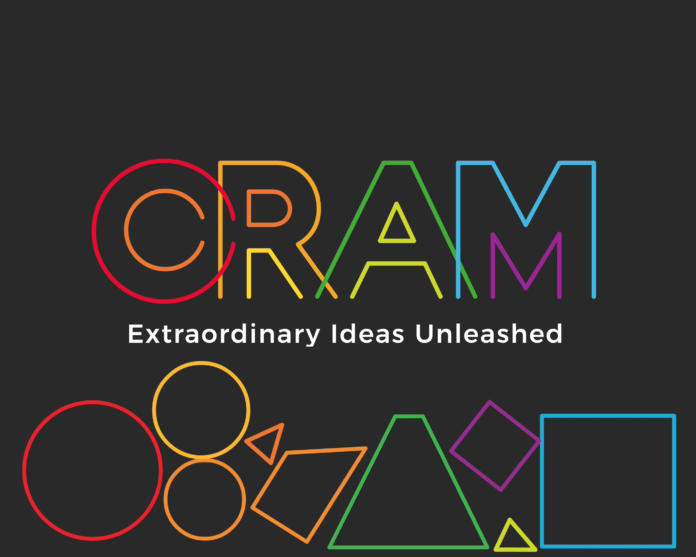Toronto’s latest learning festival, CRAM, was born from a love of research.
“I get turned on by knowledge,” admits Mary Ito, a Toronto-based broadcast journalist and the founder of CRAM. “I love research.”
Billed as an “innovative, interactive, and entertaining [event] for the keen and curious”, CRAM will take place over a single night, and will see all four of Toronto’s major universities — University of Toronto, OCAD University, Ryerson University, and York University — opening their doors to the public and unleashing their ideas onto the world.
It’s the first learning festival of its kind in Canada: a form of “edutainment” meant to teach, engage, and inspire.
And best of all, it’s free to attend and everyone is welcome. CRAM begins this Friday, April 5 at 6 pm. The full schedule and registration are available online.
Topics cross a wide spectrum of curiosity
What can music teach us about astronomy? How will community activists change the world of tomorrow? Why is climate change the greatest story never told? These are just a few of the 30+ questions that Toronto’s top researchers will address during CRAM.
The lectures themselves span a wide range of disciplines, and that’s part of what sets CRAM apart from other academically-oriented events. In fact, ensuring that CRAM was truly multidisciplinary was one of Ito’s primary goals when she first came up with the idea.
“I think the public has an idea about research,” she says. “As soon as you hear ‘research’ you think it’s probably science. You don’t hear about landmark studies in English, necessarily, or music, or dance — but they exist. It was really important for me to highlight all disciplines.”
Surprising combinations of study areas
A number of the individual lectures will also combine different areas of studies—often in surprising ways.
Dancers and Nurses — When Their Worlds Intersect is one example. In this presentation, undergraduate nurses and dancers from Ryerson University will be exposed to “different ways of knowing”. The idea will be to think about how we can learn, perceive, and unite ourselves across disciplinary boundaries.
“It’s about what we can learn from each other, and what disciplines can share with each other,” says Ito. “How can we benefit from each other’s professions?”
Quiet revolutionaries
To Ito, CRAM is also about shining a light on the research and innovation that takes place in Canadian universities every day.
“This is research that can revolutionize our lives, in many different ways,” she says. “But the people who do it — they’re kind of quiet revolutionaries. They don’t often bring attention to themselves. [CRAM] is a way to bridge that gap between the public and these researchers, and then we get to shine a light on what they do.”
CRAM’s mandate is strikingly similar to ours here at Research2Reality. The goal is to shine a light on research and innovation while engaging the public in a diversity of research areas — and, of course, to have fun while doing it!
Ito hopes that CRAM will be a chance for anyone curious about research to become a part of the discussion and learn about topics they may never have encountered otherwise. It will be an opportunity to discover, form opinions, and see the world through an entirely new lens.









































